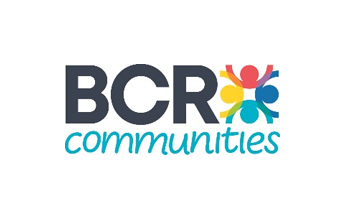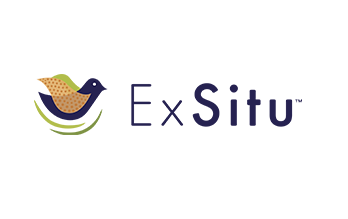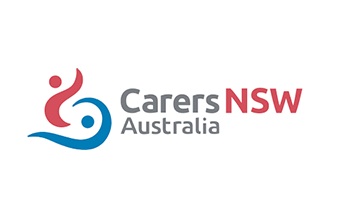Background and Aims of the Project
Through the work completed collaboratively in 2023 which uncovered the need to focus on the onboarding process, we developed a rationale and tested the assumption that we could save time and money by streamlining our paper-based onboarding process using simple Microsoft software such as online forms. In testing our assumptions, we also identified the suitability of this timing in a customer’s journey to discuss client’s values and wishes. The understanding of each individual’s values and wishes at this early stage would then help us to offer services which achieve the objectives of the ARIIA grant and the goals of the clients. The project aimed to:
- Increase participation in values-based services and activities
- Increase social connection, and encourage social supports as the primary entry point into in home services rather than domestic assistance
- Increase diversity of financially viable services and activities
- Realise an increase in valued contributors within community through engagement and feedback processes
- Increase staff and volunteer engagement
- Create time and cost efficiencies
What we did
Methods used in this research project included the review of previously developed BCR in- home care client personas, client surveys, focus groups, regular project review meetings, and individual and group consultation sessions with key stakeholders including BCR Executive and Care Managers, Care Staff, BCR Clients and research partner representative from Carers NSW, University of Wollongong, Autonomy First Lawyers and technology partner ExSitu.
The project team progressively consulted and communicated with key BCR stakeholders on challenges, opportunities, findings, and actions through regular meetings, and also communicated the outcomes of internal changes and key findings through client and staff newsletters.
We implemented and tested new technology including a community app, a new Microsoft based onboarding process using Microsoft Forms, and a Values-based Card sorting platform called ExSitu.
Outcomes
The key challenge explored was the balance we needed to strike as an aged care provider to:
- Support a person’s right to dignity of risk in the context of their right to self determination
- Uphold our responsibilities in relation to duty of care.
- Create a clear transparent process to navigate the potential conflict between dignity of risk and duty of care and align that to each person’s individual values.
As a result of this project, our key findings include:
- social connections can be improved within communities through simplified and
- efficient engagement, training and referral processes
- values-based technologies can be used effectively to address our three key challenges
- working collaboratively with values-driven organisations creates opportunities to positively impact older people by focussing on supported decision-making practices.
Impact on aged care and workforce
To do their job well, all Care Managers need to be highly skilled with expert knowledge and a deep understanding of care management. If we professionalised the Care Manager role, employers would need to ensure their staff were accountable to a range of attributes. Implementation of rights-based decision making is occurring within Australia at an accelerating rate.
The new Aged Care Act is a means to implement right based decision making beyond the fields of Health and Disability. This means the sector will need to develop and deploy revised client interviewing and case management processes to ensure rights responsiveness is an operational attribute of our workforce.
Resources developed
An abstract is available on the BCR Communities website, and the Regional Blueprint produced as part of this project is also available on request.
Next steps
This project identifies opportunities to further this research and create sector wide change by professionalising key roles and improving supported decision-making practice. By progressing this research, we aim to improve models of care and the experience of older people by expanding providers understanding and delivery of rights-based decision-making practice.
Complete the Project expenditure summary (in line with the Agreement Funding Schedule) as at the date of this report. Also provide details of the proposed acquittal of any unexpended funds.



